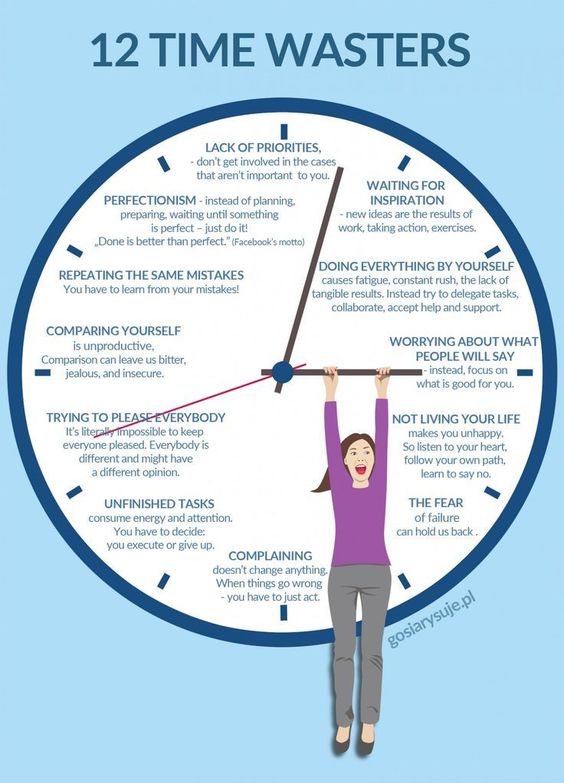Time is an irreplaceable resource; we all have only 24 hours a day to accomplish everything we need to do. So, time management is crucial for everyone, from students to professionals, and every other person who wants to achieve their goals. In this article, we will discuss ten strategies for better time management that will help you use your time efficiently and get more done.
Prioritize your daily tasks
The first strategy for better time management is prioritizing your tasks each day. You can use various methods, such as the Eisenhower Matrix, to identify the most important tasks that need immediate attention. Prioritizing will help you know which tasks to tackle first, and which ones can wait. By doing so, you can avoid wasting time on low priority tasks and focus your efforts on the essential tasks.
Plan your day ahead
One of the most effective ways to manage your time is to plan your day ahead. Take time each night to create a to-do list for the next day. This practice allows you to wake up with a clear understanding of what needs to be done, and you can get started immediately. Remember, a well-planned day is a productive one.
Set specific goals
Setting specific goals can help increase productivity and time management. When setting goals, it’s important to create specific and achievable objectives. Additionally, setting deadlines can also help in staying on track and completing tasks on time.
Eliminate distractions while working
Distraction is one of the most significant factors that hinder productivity and effective time management. It’s essential to find ways to eliminate distractions while working. Strategies such as phone notifications, social media alerts, and email updates can quickly divert your attention from the task at hand. So, consider switching off your phone, logging out of social media, and limiting your email checks to specific times of the day.
Break your work into smaller tasks
Breaking your work into smaller tasks is another effective strategy to manage your time better. This practice allows you to focus on one task at a time and avoid feeling overwhelmed. It’s also easier to track progress when working on more manageable tasks.
Delegate tasks where necessary
Another effective time management strategy is delegation. Learn to delegate tasks where necessary, especially those tasks that consume a lot of time and effort. Delegation helps you focus on more important tasks that require your expertise, skills or attention.
Take breaks regularly
Taking breaks regularly is an essential time management strategy. It’s important to take short, frequent breaks instead of longer ones. This allows you to recharge your batteries, refocus your mind, and remain productive without becoming fatigued.
You might find these FREE courses useful
- Free Time Management Tutorial – Effective Time Management for Employees
- Work Smarter, Not Harder: Time Management for Personal & Professional Productivity
- Engineering Project Management: Scope, Time and Cost Management
- Strategic Career Self-Management
Plan your downtime
In addition to planning your work schedule, it’s important to plan your downtime as well. This can include activities such as exercise, hobbies, or spending time with family and friends. Planning downtime ensures that you’re making the most of your leisure time, and that you’re not wasting time just because you don’t have any work-related tasks to do.
These ten strategies for better time management, when combined, can help you make the most of your time and increase productivity. Remember, effective time management begins with personal discipline, and by following these strategies, you can achieve your goals without unnecessary stress, frustration or burn out.
In conclusion, good time management is essential for success in both personal and professional life. By prioritizing tasks, planning your day, setting specific goals, eliminating distractions, breaking down tasks, delegating tasks, taking breaks, and planning downtime you’re sure to manage your time better, increase productivity, and achieve your goals. So, implement these strategies and take control of your time today.


